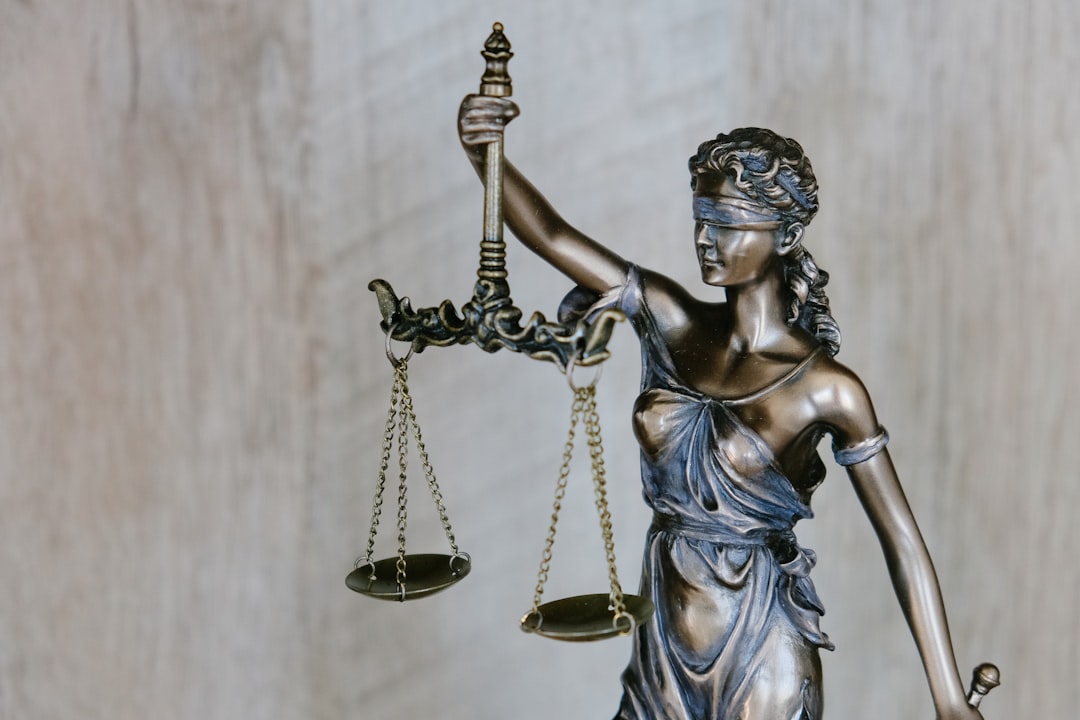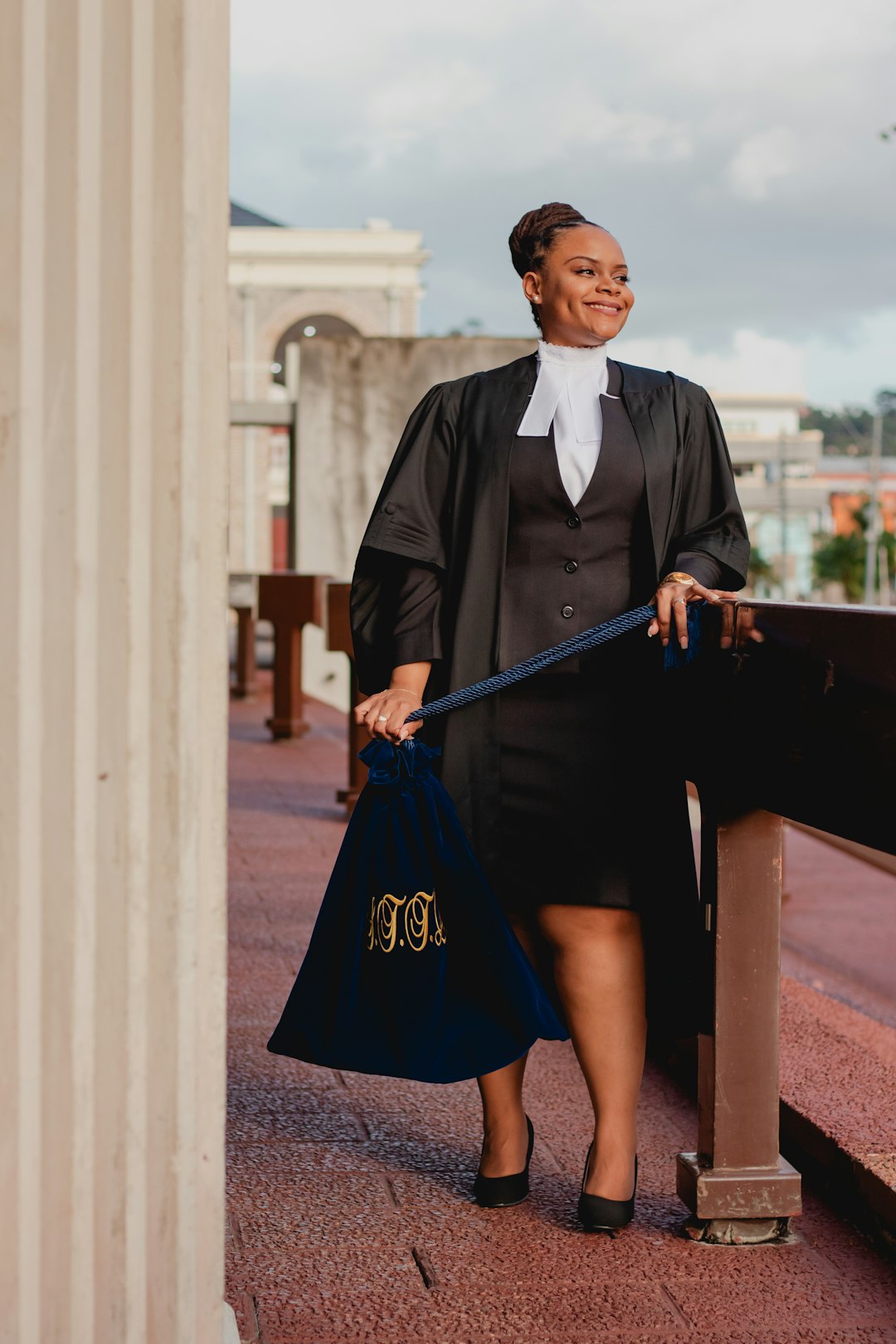In Oxford, Mississippi, accused educators often employ sophisticated psychological defenses—such as denial, displacement, projection, and rationalization—to navigate legal accusations of school abuse. A competent school abuse lawyer in Mississippi must critically analyze these tactics using evidence and expert opinions to counter them effectively. Understanding these defenses is crucial for protecting both the accused and ensuring fair resolutions. Victims and parents should consult such a lawyer to uphold their rights and ensure justice, as these professionals strategically defend educators facing false allegations while adhering to school laws and regulations.
“In the delicate realm of educational institutions and legal battles, particularly in cases involving school abuse allegations, accused educators often employ psychological defenses. This article explores these defenses within the Oxford context, shedding light on how educational institutions navigate legal challenges. We delve into common defense mechanisms, emphasizing the critical role of a school abuse lawyer in Mississippi. By understanding these defenses, we can better uncover truths and ensure justice for victims.”
Understanding Psychological Defenses: A Tool for Accused Educators

Accused educators in Oxford, Mississippi, often employ psychological defenses as a strategy to navigate their legal situations. These defenses are intricate mechanisms that individuals use to protect themselves from accusations, especially when faced with potential charges of school abuse. Understanding this aspect is crucial for both the accused and their legal representation.
Psychological defenses can range from denying the allegations outright to shifting the blame onto others or even claiming that the accuser’s perception is distorted. In cases involving school abuse, educators might attempt to portray themselves as victims of misunderstandings or use their professional expertise to challenge the credibility of the accusations. A skilled school abuse lawyer in Mississippi will analyze these defenses critically, gathering evidence and expert opinions to counter them effectively.
The Oxford Context: Educational Institutions and Legal Battles
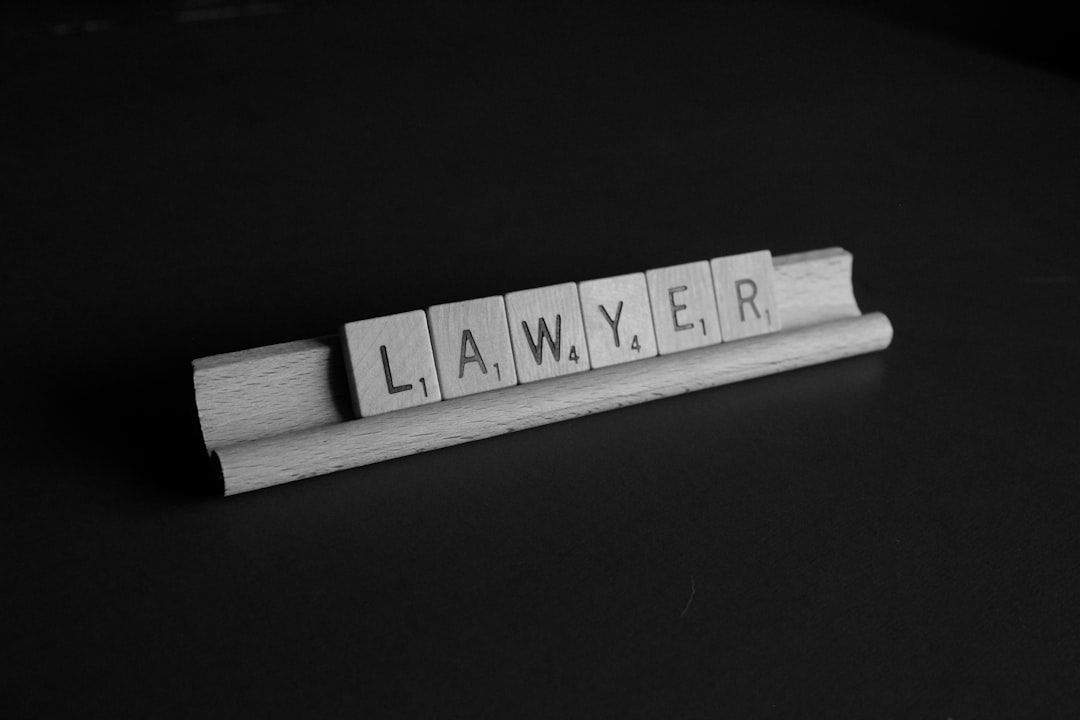
In the context of Oxford, educational institutions have been at the center of legal battles involving allegations of school abuse. These cases often pit students who claim they suffered mistreatment against educators and the very schools meant to nurture their growth. Mississippi, with its stringent laws and support for victims, has seen a rise in such cases, encouraging students to speak out and seek justice. The legal landscape here is significant, as it sets a precedent for how educational institutions are held accountable for their actions—or inactions—in safeguarding students.
The unique challenge lies in the psychological defenses that accused educators employ. These defenses, ranging from denial and displacement to projection and rationalization, are designed to protect personal reputations and avoid legal repercussions. Understanding these strategies is crucial for both legal professionals and educators, as it helps navigate complex cases of alleged school abuse, ensuring fairness and justice for all parties involved.
Common Defense Mechanisms in School Abuse Cases

In cases of alleged school abuse, educators often employ various psychological defenses to protect themselves against accusations. Common defense mechanisms include denial, where the accused educator might deny any knowledge or involvement in the incident. They may also use projection, attributing the alleged behavior to another party to shift blame and avoid accountability.
Another frequent strategy is rationalization, where the educator attempts to justify their actions or explain them away as misunderstandings. They could also employ intellectualization, using complex reasoning to minimize the impact of their alleged conduct. These defenses often serve as immediate responses, aiming to delay or distract from the investigation, making it crucial for victims and parents to seek legal counsel from a school abuse lawyer in Mississippi to protect their rights and ensure justice is served.
The Role of a School Abuse Lawyer in Mississippi
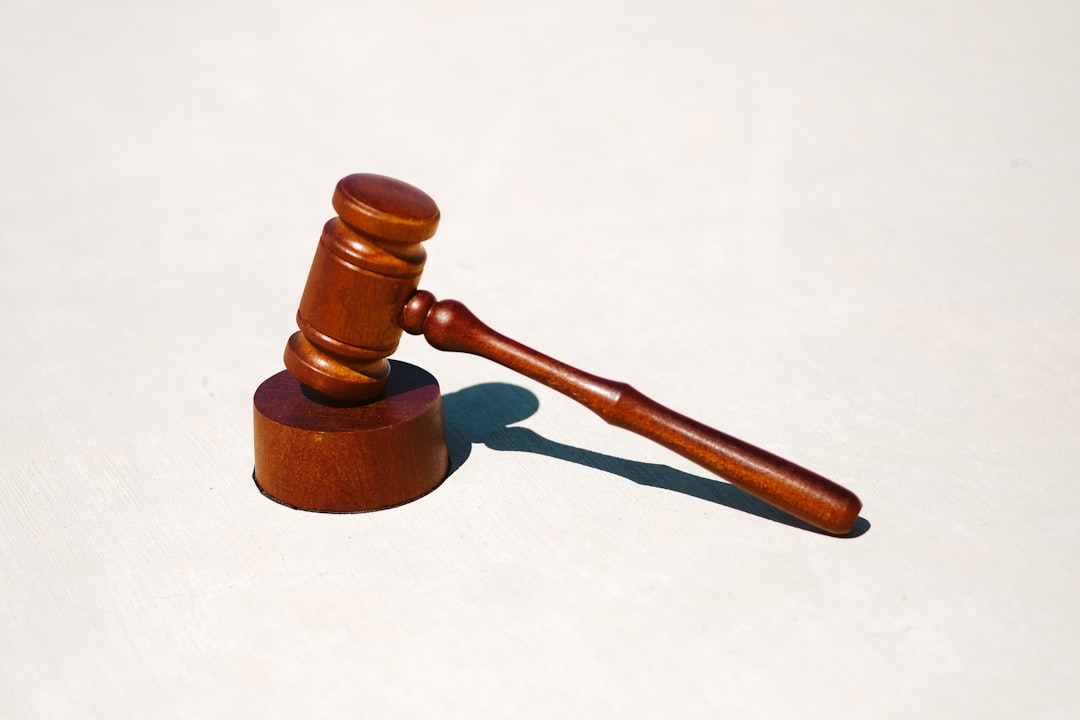
In cases of alleged educational abuse or misconduct, a dedicated school abuse lawyer in Mississippi plays a pivotal role in protecting the rights and interests of both victims and accused educators. These legal professionals are well-versed in the intricate laws and regulations surrounding school environments and have the expertise to navigate complex scenarios. Their primary objective is to ensure fairness and justice for all parties involved, especially when dealing with sensitive issues like child abuse accusations.
A school abuse lawyer in Mississippi assists educators facing false allegations by providing strategic legal defense. They carefully examine the evidence, interview witnesses, and construct a robust defense strategy. Through their expertise, they can challenge the validity of claims, protect the reputation of the accused, and ensure that any disciplinary actions or legal proceedings are conducted fairly and in accordance with the law.
Uncovering Truths: Strategies for Overcoming These Defenses
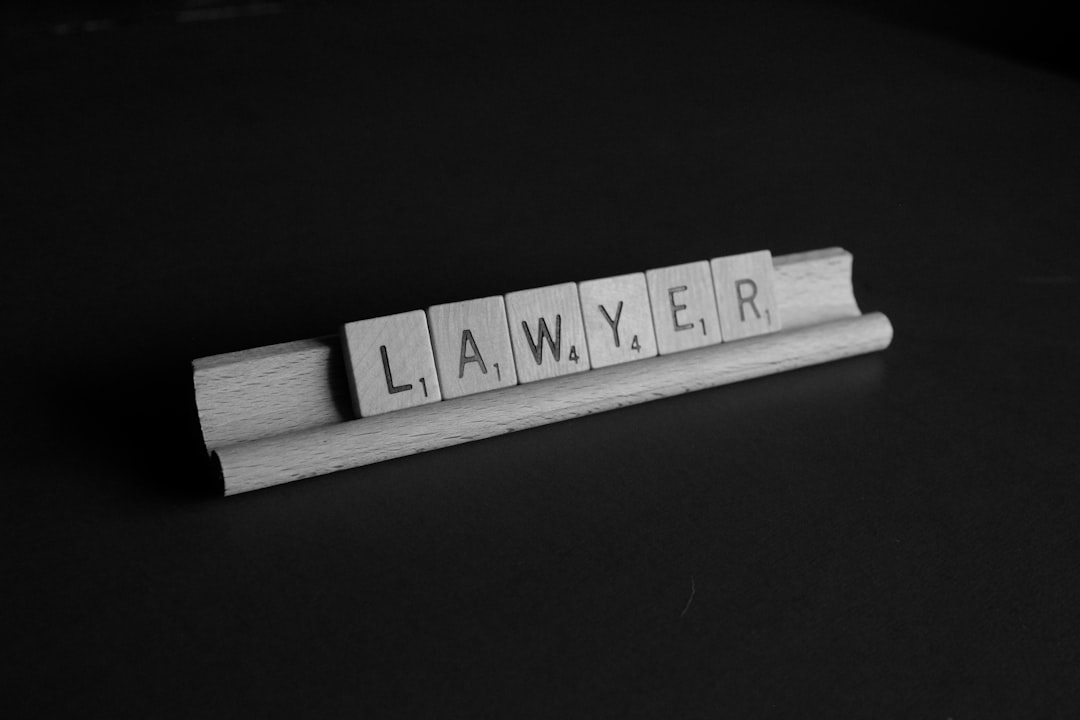
Uncovering the truth in cases of alleged school abuse is a complex process, often hindered by psychological defenses employed by accused educators. These strategies, while designed to protect or justify their actions, can create barriers to justice and healing for victims. A skilled school abuse lawyer in Mississippi understands these common defenses and has developed effective countermeasures.
One key approach is to encourage open communication without fear of judgment. Victims may have been conditioned to keep silent due to threats or manipulation. Creating a safe, supportive environment allows them to share their experiences, breaking down the wall of denial or shame that accused educators often erect. Additionally, presenting compelling evidence and witness testimonies can challenge the accuser’s narratives, forcing them to confront the reality of their actions. This process requires patience and persistence, but it is crucial in ensuring that justice prevails and victims receive the support they deserve.


